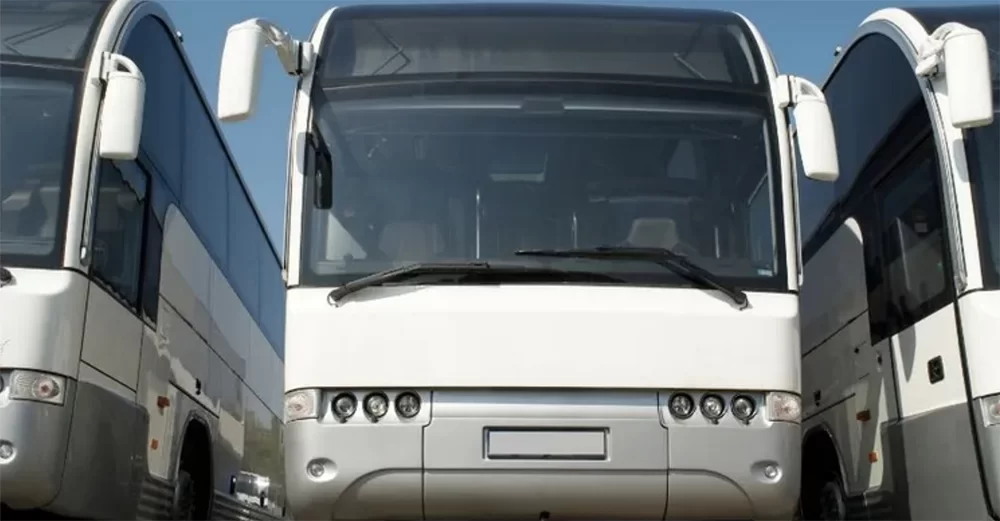Hydrogen fuel cell buses reach top AC Transit fleet
Alameda-Contra Cost Transit District has released its zero-emission transit bus technology analysis results.
Hydrogen fuel cell buses are the top performers in terms of fleet mileage, according to the new zero-emission transit bus technology analysis (ZETBTA) conducted by Alameda-Contra Cost Transit District (AC Transit).
The study showed that H2 provided the vehicles with the highest total mileage in their fleet.
The study was a solid side-by-side comparison of the leading engine technologies used by bus transit agencies around the world. It compared hydrogen fuel cell buses with battery electric buses, as well as with conventional diesel and with diesel hybrid propulsion systems. The evaluation was conducted from July 2020 through December 2020 in the San Francisco Bay area.
It determined that H2 powered buses featured the highest fleet mileage among all the considered options. Their fleet mileage reached 112,233 miles. Furthermore, the fleet also achieved an 85 percent average availability.
These results help to underscore the potential of hydrogen fuel cell buses for US public transportation.
ZETBTA is an open-source study that is continually evolving and that undergoes evaluation by the Precourt Institute for Energy at Stanford University. Its goal is to build and provide academic-level guidance for transit agencies to use as a roadmap in their planning, sourcing, and training. It is also meant to help mitigate the risk of expensive mistakes while transitioning into zero-emission conversions.
“Our Board of Directors began exploring zero-emission technologies two decades ago,” said AC Transit Board Director Chris Peeples. “But we wanted much more than to report assumptions about metrics and formulas.” He went on to explain that “To successfully implement a zero-tailpipe emissions fleet, I felt it was critical to validate our findings. Stanford’s independent analysis offers transparency and accuracy for a roadmap the transit industry can now rely on.”
A growing number of municipalities have been testing hydrogen fuel cell buses as they seek renewable energy-powered strategies to allow them to reach their decarbonization targets. Locations worldwide have been adding H2 vehicles to their fleets, either already using them to replace their fossil fuel powered vehicles or to test their performance in real-world applications.
 FOTON Mobility Distribution Pty Ltd
FOTON Mobility Distribution Pty Ltd